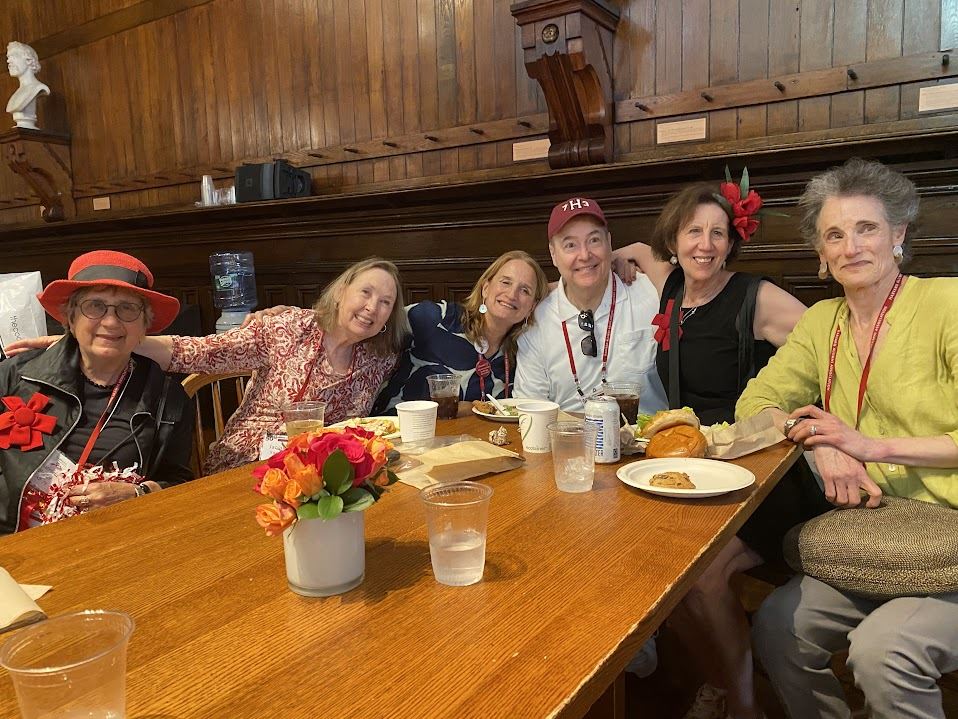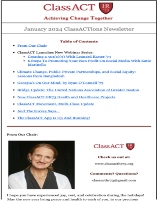NEWS
Our news section which includes all upcoming events, virtual or in person, classmate updates and articles based on ClassACT work, and archived previous newsletters.
UPCOMING EVENTS
|
|
CLASSACT NEWS
Classmate updates and articles based on ClassACT HR73 work.
|
|
PAST NEWSLETTERS
| All members of the HR Class of '73 have been sent our ClassACT monthly Newsletters, event announcements, and invitations, and will continue to get them unless they instruct us otherwise. You'll find the archive below. |





